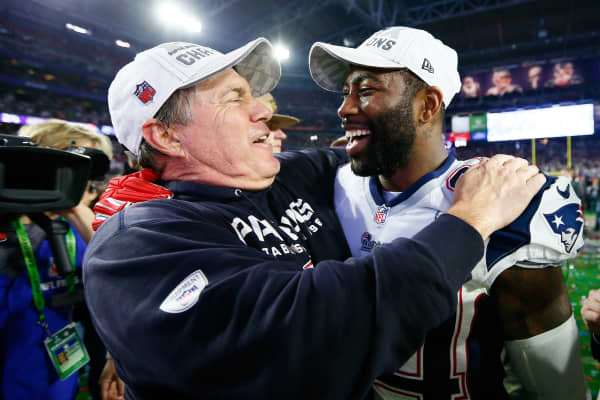There comes a time in every salesperson's career (or more accurately
many times), when sales dry up. Manufacturers don't care why the sales have stopped; they don't listen to our excuses (buyers on vacations, economic downturn, etc, etc). They are are solely concerned about backlog and layoffs of key workers--and the blame for this downturn is always placed on sales. "If you did your jobs better, we wouldn't be experiencing this downturn. Get off your rear ends and sell something."
So what do we sales folks do when the hammer comes down: "we need more sales or we have to lay off manufacturing personnel"?
To get out of this situation, we need to go back to basics:
1.
Start with your existing and past customers. Is what you sold them in need of replacement? Do they need more of what your sold them--has their business grown? Has your product added technology that would benefit your customer? So, take your list of customers and start calling them--
existing customers are the best source of future business.
2.
Next, get a list of customers you lost. There are a lot of reasons the customer who gave the order to someone else may no longer be happy with their decision. Call them; ask the question. That five minutes may be well spent.
3.
Get out of your comfort zone! Sales people love to keep going back to the customers who make them comfortable--who accept them and like them. This is one reason why sales dry up. New customers and new markets for your products breathe life into your sales. Find new customers who are in the same business as your existing customers and go see them. Find new markets for your products and get out to see those new potential customers. Use Google; use manta.com; use linkedin.com--use technology to find these new customers.
If your existing customers can't provide enough sales to keep the production lines running, then you have to find new customers and new markets. You can't protect your customers if they can't give you enough sales to make your bosses happy.
4.
Never, ever use the excuse that it's the other sales folks who are not pulling their weight. It's on you. Take responsibility. Don't wait for others to pick up the slack. It seems unfair, but sales is responsible for keeping the production line running.
"Without sales, everything stops." Do not take your job lightly. People depend on you doing your job. Take what you do very seriously and do the absolute best you can--families depend on you--and not just your own.





























